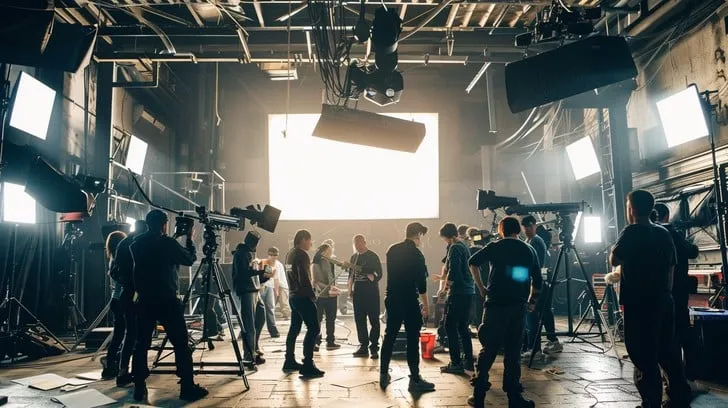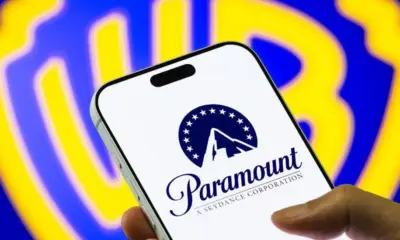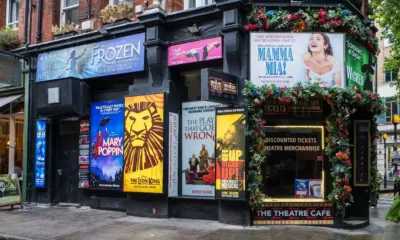Entertainment
Future of British Storytelling as Streaming Giants Explore New Collaboration

The global entertainment industry is shifting quickly, and two major streaming players are now in advanced talks about a potential partnership that could reshape how British stories reach viewers around the world. These discussions focus on developing joint productions that bring together the rich heritage of British storytelling with the far-reaching distribution power of an international streaming platform. Industry observers say the move could signal a new chapter in the evolution of British creative work and the broader media landscape.
Streaming services have long influenced how audiences discover new content. Traditional broadcasters have had to rethink how they reach younger viewers who increasingly rely on digital platforms. At the same time, major global streamers are looking for high quality regional content with strong cultural roots. British dramas, comedies and documentaries already enjoy significant international success, and a partnership between two large media forces could push that momentum even further.
The collaboration under discussion would combine the production strength of British creators with the financial resources and global network of a leading streaming platform. This could open the door for large scale dramas, cinematic documentaries and hybrid factual series. Creative teams from both sides would likely work together, with British producers guiding the editorial vision and the streaming partner managing international distribution across more than one hundred ninety countries. The model reflects a wider industry shift from simple licensing agreements toward shared creation and shared ownership.
One central issue in the negotiations is creative rights. British productions traditionally maintain strong editorial oversight, while global streaming platforms usually seek broad distribution rights. Finding a balanced arrangement will be essential. Some insiders believe a flexible approach may be developed in which British audiences see new content first, followed by a worldwide release on the streaming service. This type of release strategy has worked well in other European collaborations and maintains both creative identity and global reach.
The talks also raise important questions about how British storytelling will evolve. Some fear that international financing could dilute creative authenticity. Others argue the opposite, believing that greater investment and global visibility offer an opportunity for British talent to tell even more ambitious stories. British producers have a long history of creating narratives with both local depth and universal emotion, and expanded support could help them reach wider audiences.
If the partnership succeeds, it could strengthen training programs for young writers and directors, create space for more diverse voices and encourage new formats that blend factual accuracy with dramatic expression. Such opportunities would support the long standing role of the United Kingdom as a global center of creative excellence.
As discussions continue, both the cultural and commercial stakes are high. A new model of collaboration could redefine how British stories are shared with the world and influence future partnerships across Europe and beyond.
















